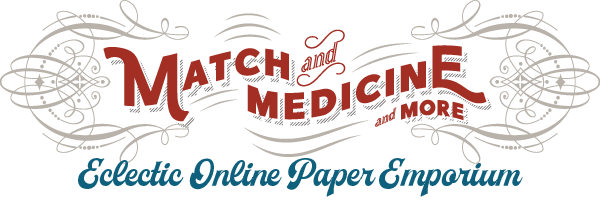Additional information
| Condition | VF |
|---|---|
| Size | 3.25" x 1.5" each |
| Artist/Engraver | Kihn Brothers Engravers and Printers, NY |
| Date | ca 1930 |
$100.00
Three large die proofs, ex Dr. Glenn Jackson
Colonel E.H.R. Green, wealthy hobby-rider, was so much of a stamp enthusiast that he had a special adhesive engraved for personal mail sent from his Round Hill, Mass., estate. The central vignette consists of a reproduction of the ‘Charles W. Morgan,’ a full-rigged whaling ship which was enshrined at the Green Estate. Two oval panels flank this. The one on the left depicts a windmill, which, because it was the oldest in America, and was transported from its original location in Rhode Island to Colonel Green’s home in Round Hill. The panel at the right shows the small workshop of Green’s great-grandfather, who founded the family fortune. Between each panel and the vignette may be seen the antennae of WMAF, a radio station built by Colonel Green and at one time operated on the NBC network. (Mention should also be made that there are two whales shown, one at lower left and one at lower right. GWB). Inscriptions on the stamp are: —At the top, ‘The Oldest Whaler in America’; at the left, ‘Charles W. Morgan’; at the right, ‘Built in 1841 —Enshrined in 1925,’ and at the bottom, ‘WMAF, Round Hill’s Radio, South Dartmouth, Mass.’ Although the stamps were proposed for use on mail sent from the Green Mansion, Round Hill, to New Bedford, the nearest town, seven miles distant, none was ever found in used condition.’’ —Ernest A. Kehr in New York World Telegram.
Edward Howland Robinson “Ned” Green (August 22, 1868 – June 8, 1936), also known as Colonel Green, was an American businessman, the only son of financier Hetty Green (the “Witch of Wall Street”). In the late 19th century, he became a political ally in the Republican Party of William Madison McDonald, a prominent African-American politician. After his mother’s death in 1916 and his inheritance of half her fortune, Green built a mansion in Round Hill, Massachusetts.
Green is known to philatelists for forming one of the great collections of postage stamps of the early 20th century, exceeded in size and value only by that of King George V. In 1918, he purchased the sheet of Inverted Jenny stamps from the dealer Eugene Klein for $20,000. On Klein’s advice, he broke the sheet up into blocks. He put one stamp in a locket he gave to his wife.
In 1924, Green rescued the last American wooden whaling vessel of the 19th century, the bark Charles W. Morgan, and exhibited her, embedded in sand, at Round Hill. Green was the grandson of Edward Mott Robinson, one of the ship’s earlier owners. The Marine Historical Association bought her in 1941, when she became a showpiece of Mystic Seaport Museum, Mystic, Connecticut.
Colonel Green had an early fascination with radio technology, dating back to the 1890s. In June 1922, the Round Hills Radio Corporation was incorporated under a commercial charter, with Colonel Green the company president. Under the initial charter, the company’s function, in addition to engaging in radio broadcasting, was to sell radio, telephone and similar equipment. However, because the company did not actually engage in commercial activities, in August of the next year it was rechartered under the state’s charitable and educational statutes, with its mission now described as “for radio experimentation, improving the uses of wireless and scientific experimentation in new devices to further the use of radio, and to broadcast, free of charge, concerts, weather reports, etc.”
He died of heart disease at Lake Placid, New York, in 1936. In accordance with Green’s last request, his widow had his amputated leg exhumed and reunited with the rest of his body. His widow and his sister fought over his estate, estimated at the time as $44,384,500[6] or “more than $40 million”. Green had persuaded Mabel to sign a prenuptial agreement, which limited her to a $1,500 monthly stipend, but she challenged it in court. She eventually settled for $500,000. Four states, Texas, Massachusetts, Florida and New York, fought over who would collect $6 million in inheritance taxes. The United States Supreme Court awarded the money to Massachusetts.
| Condition | VF |
|---|---|
| Size | 3.25" x 1.5" each |
| Artist/Engraver | Kihn Brothers Engravers and Printers, NY |
| Date | ca 1930 |
